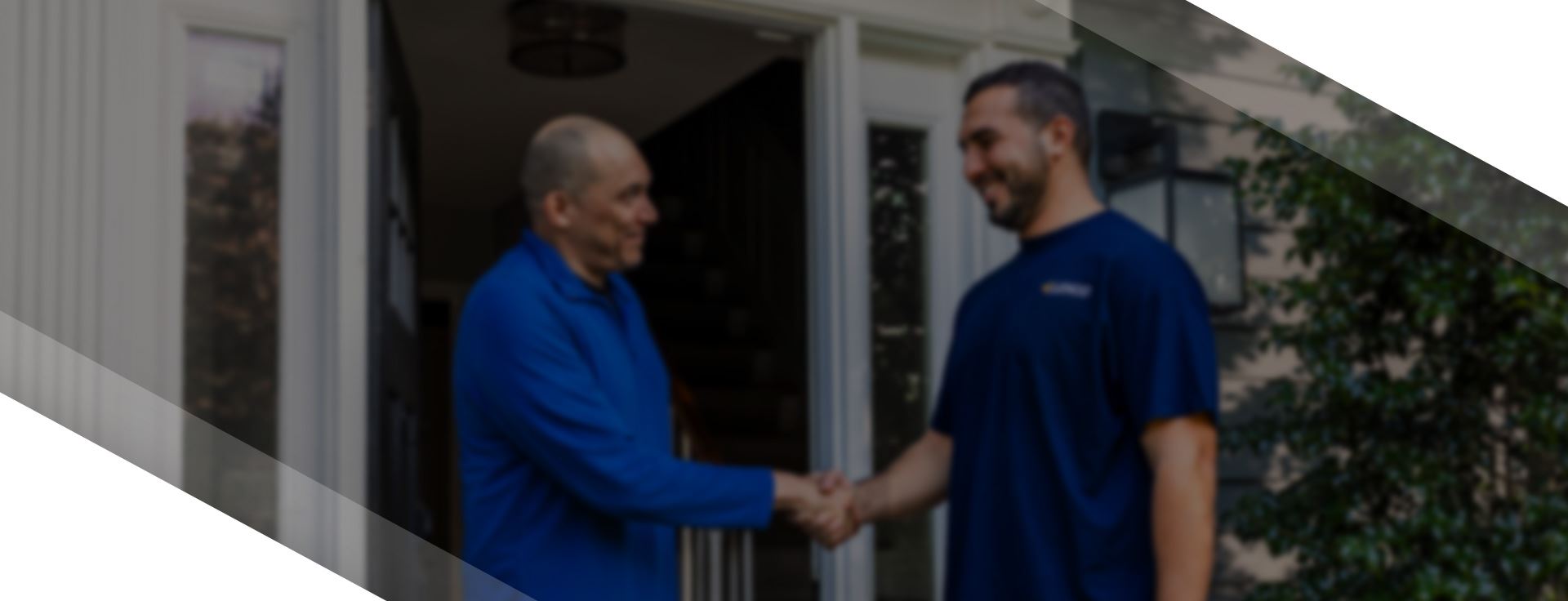
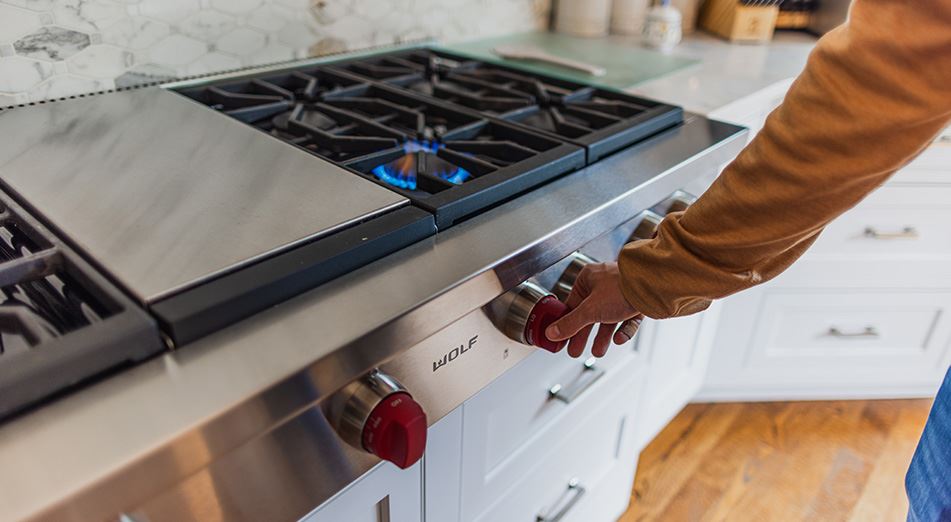
Propane Safety
What To Do If You Smell Propane Gas?
If you smell propane in or around your home, it is very important to follow the instructions below:
- Put out open flames and all smoking materials: Avoid using lights, appliances, cellphones, or anything that can create a spark or electrical charge.
- Leave the building immediately: Exit the area and leave your belongings behind.
- Shut off the gas: If it is safe to do so and you feel comfortable, shut the gas flow off at the propane tank.
- Open the lid on your propane tank to reveal the associated parts.
- Identify the gas supply valve and turn the valve clockwise (to the right).
- Report the leak: Call your propane supplier - away from the building. Call 911 or your local fire department if you cannot reach them.
- Do not return: Do not return to the building until your propane retailer, 911, or the local fire department determines it is safe.
- Safety Check: Have your entire propane system checked for additional leaks by your propane supplier or a qualified technician.
If you have any questions about operating your propane system, call Levco at (203) 533-8249.
Propane Is One of the Safest Fuels
Propane is a non-toxic gas. It will not cause health issues for consumers or pose a danger of contamination to soil or water, unlike other fuels. Propane is also less flammable than other fuels.
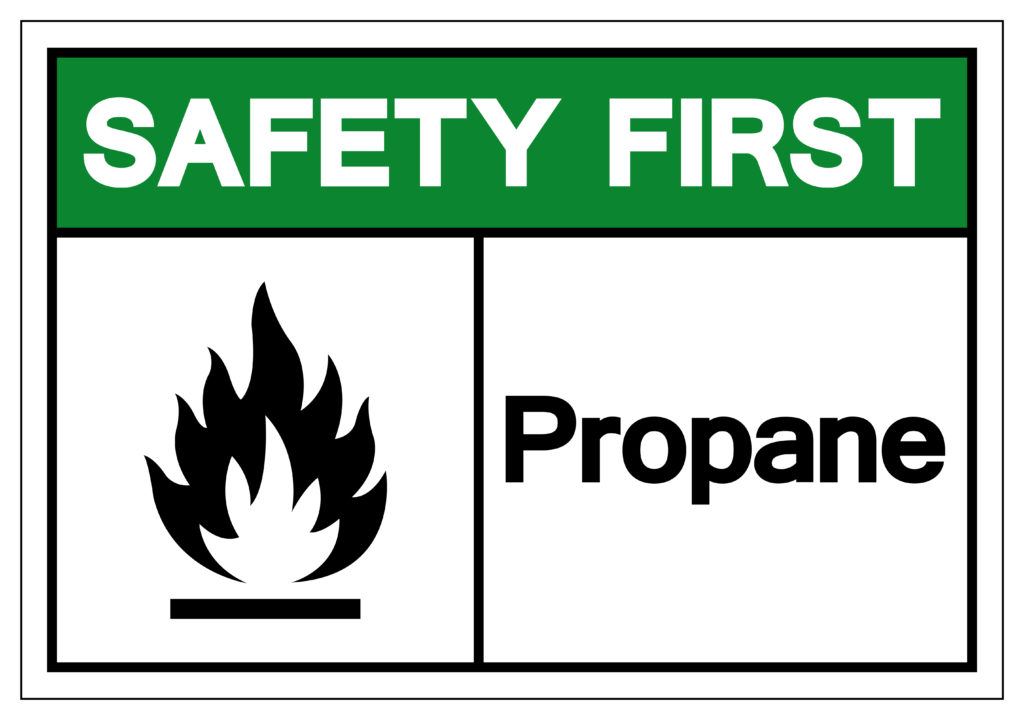
Propane Storage Tanks Have Built-In Safety Features
A propane storage tank has many built-in safety features, including:
- Carbon Steel Construction: This material gives a propane tank its strength, helping to prevent corrosion, leaks, and punctures.
- Puncture Resistance: Propane tanks are 20 times more puncture-resistant than those filled with ethanol, methanol, or gasoline.
- Pressure Release Valve: This protects the tank in the case of high-pressure situations caused by emergencies such as a fire. The valve may open independently if the pressure inside the tank gets too high and will close again when the pressure returns to normal.
- Shut-Off Valve: In case of emergency, this valve can be closed to stop propane flowing into your home. There’s also a shut-off valve in each pipe leading to an individual appliance that can be closed to stop the gas flow if there’s a problem with just that unit.
- Regulator: A regulator placed at the tank and appliances controls the gas flow from the propane tank to the appliance that uses the propane. In its simplest definition, the regulator reduces the high gas pressure from the propane cylinder to the much lower gas pressure the propane appliance needs.
- Mercaptan: Propane distributors are required to add this harmless chemical to the normally colorless and odorless fuel to give it its distinctive “rotten egg” smell. The odor helps warn customers about propane leaks or when the tank is running low.
- Tank Gauge: A tank gauge shows how much propane is left in the tank and can also alert you to a leak or let you know when it is time for a delivery. Many customers install a propane tank monitor so they don’t have to constantly worry about checking the gauge.
Important Propane Safety Tips
Understanding how to properly use your propane system, how your propane appliances work, and what to do in case of safety-related emergency is important for every propane user.
If You Use Propane for Heat or Appliances:
- Routinely check the connections and hoses for any leaks.
- Don’t try to modify or repair valves, regulators, or other appliance parts. Only use licensed, certified technicians.
- Make sure your heating system and propane appliances are running efficiently.
- Check your chimneys, flue pipes, vent connectors, and propane tank regularly for blockage.
- Install UL-listed propane gas detectors and CO detectors.
If You Use Propane for Grills, Patio Heaters, Firepits, Pool Heaters, & More:
- When not in use, make sure the propane tank valve is closed.
- Do not store propane tanks near open flames.
- Always keep containers upright.
- Do not store an extra LP gas container under the barbecue grill.
- Never store or use flammable liquids like gasoline near the grill or appliances.
- Don’t store propane tanks indoors. It’s unsafe and it's illegal!
- Never keep a filled container in a hot car or car trunk for any length of time.
- Never use outdoor propane appliances indoors or in an enclosed area.
Learn More About Levco’s Propane Services
Levco is a leader in helping customers understand and adhere to industry standards for the safe LP-Gas storage, handling, transportation, and use of propane.
Give us a call at (203) 533-8249 or reach out online to get started today!
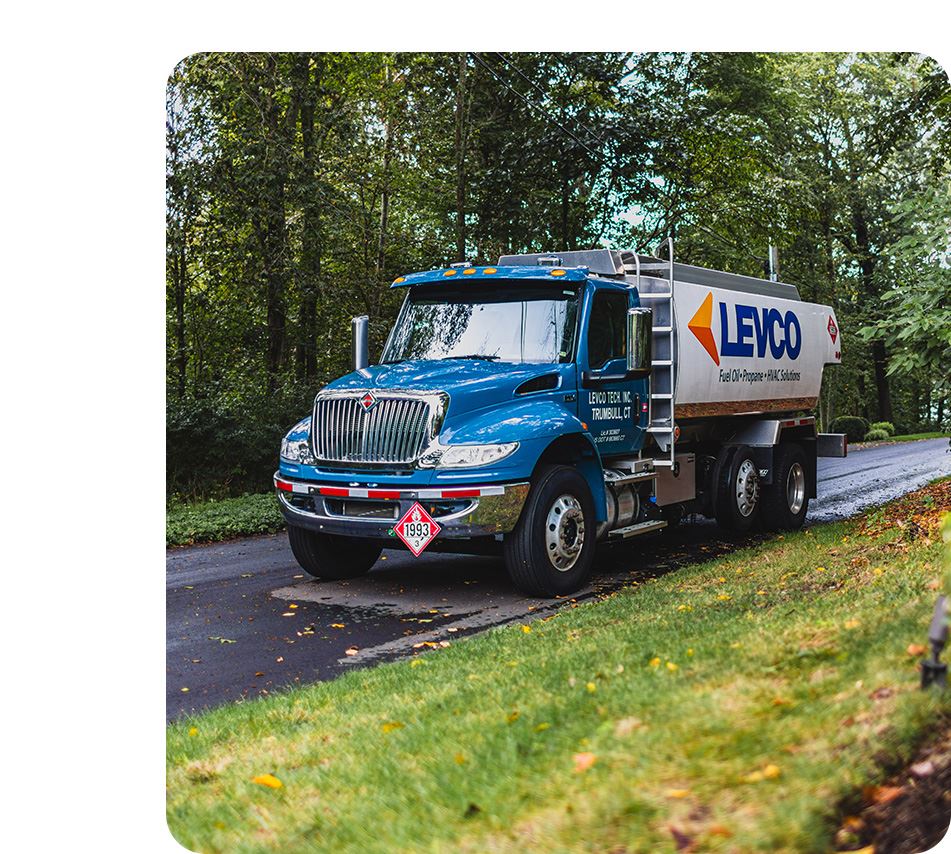
Excellence At Every Degree
-
Streamlined Fuel Solutions
-
Service Available 24/7
-
Family Owned & Operated Since 1980
-
Give Back To Our Local Community
-
Minimize Emergency Service Calls
Regular preventative maintenance eliminates many midsummer service problems and can add years to the life of your air conditioner.
-
Extend the Life of Your Equipment
Every year grass clippings, dirt, and other impediments build up and can cause a loss of efficiency or corrosion.
-
 Read Our FAQ
Read Our FAQ -
 Payment Options
Payment Options -
 Special Offers
Special Offers
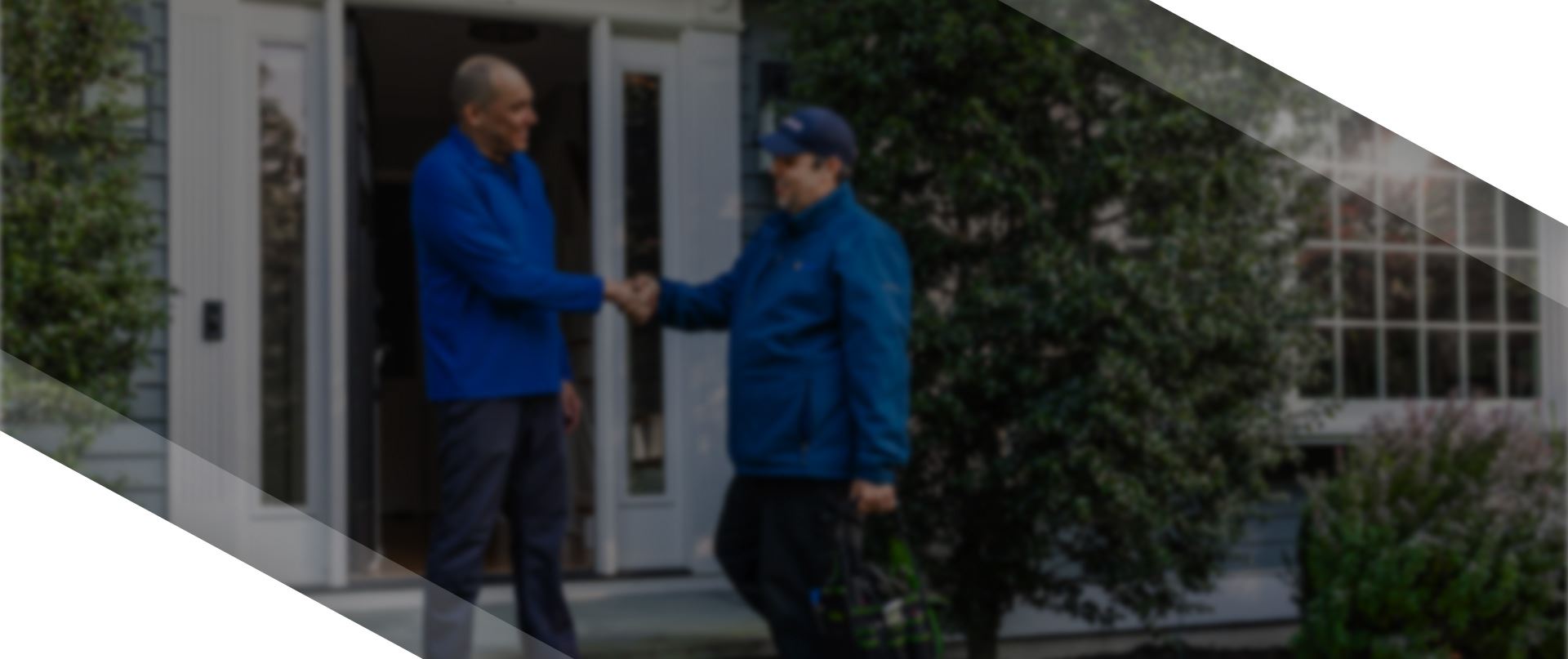
See What Our Customers Are Saying
-
 “We have used Levco for over 20 years and they have always been reliable, fair and professional.”- J. P.
“We have used Levco for over 20 years and they have always been reliable, fair and professional.”- J. P. -
 “- Courtney
“- CourtneyI’ve never had any issues with Levco as their staff (office, techs, delivery drivers, etc) have all been great. Highly recommend.
” -
 “This is the type of guy that makes Levco stand out! Highly recommended!”- Wenyi L.
“This is the type of guy that makes Levco stand out! Highly recommended!”- Wenyi L.
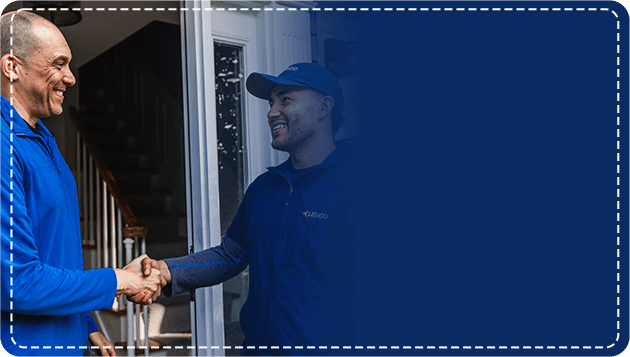
Have a friend, family member, or neighbor looking for a new oil company? If they have never experienced Levco’s top-quality service, let them know about Levco’s referral program and you will both receive $50 off your next heating oil delivery.
*Call for details. Additional terms may apply.